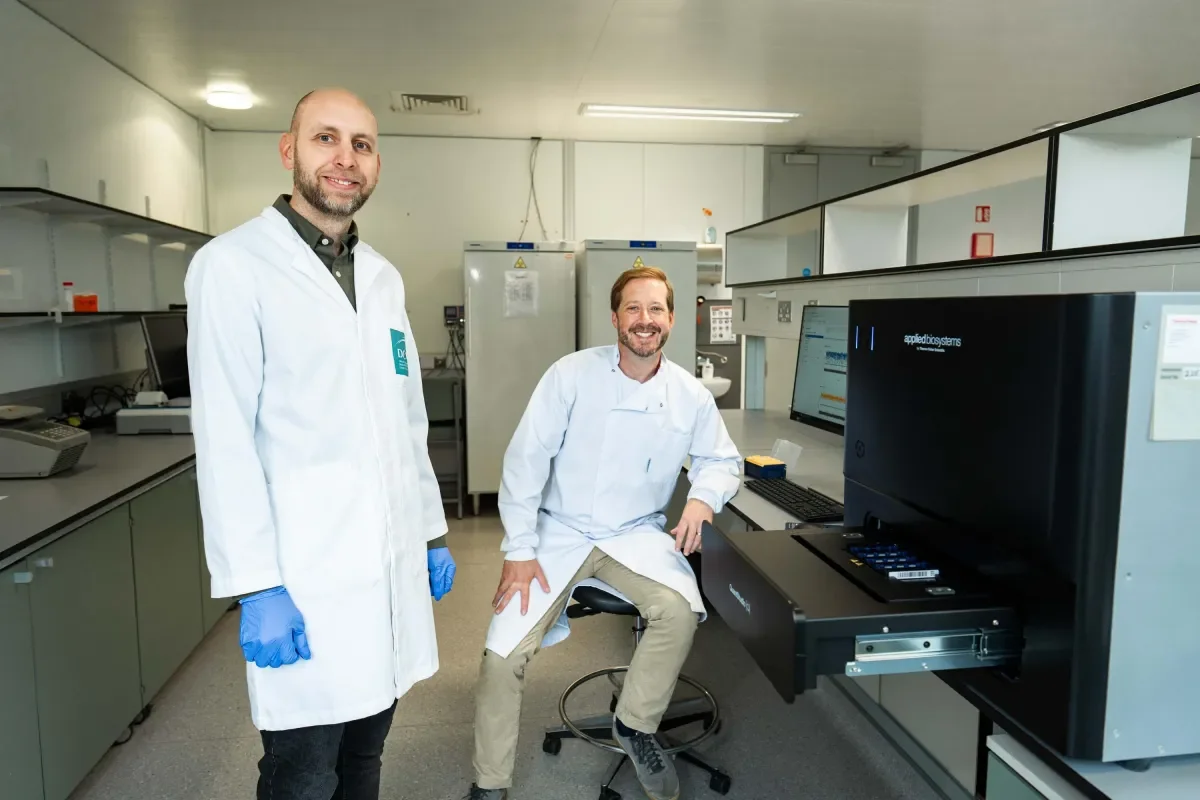

DCU Researchers point the way towards new triple-negative cancer treatment
A new paper from Dr. Paul Buchanan and Dr. Alex Eustace has shed light on why some triple-negative breast cancers (TNBC) are so hard to treat—and offers a promising new way to tackle them. Their research focuses on mutations in the gene TP53, which plays a vital role in controlling how cells grow and undergo cell death. When this gene is mutated—in up to 80% of TNBC cases— the p53 protein encoded by TP53 stops working properly, allowing cancer cells to avoid destruction. In this faulty state, TP53 becomes extremely difficult to target with existing treatments.
To tackle this issue, Dr. Buchanan and Dr. Eustace have turned their attention to calcium signalling, the process by which cells use calcium to send signals and trigger key responses like cell death. They found that dysregulation of p53 leads to a reduction in calcium signalling, meaning cells are unable to die and promoting resistance to treatment.
The novel therapeutic approach proposed in their study, targets both mutated TP53 and reduced calcium signalling. They tested a TP53 reactivator that ‘switches the gene back on’ and restores normal function. This reactivation boasted calcium levels in cancer cells making them more responsive to treatment. The approach was especially effective in TNBC cells with certain types of TP53 mutations. Importantly, this work helps pave the way for more personalised treatment strategies in TNBC, by linking specific TP53 mutation types to targeted therapies that restore cell death signals.
